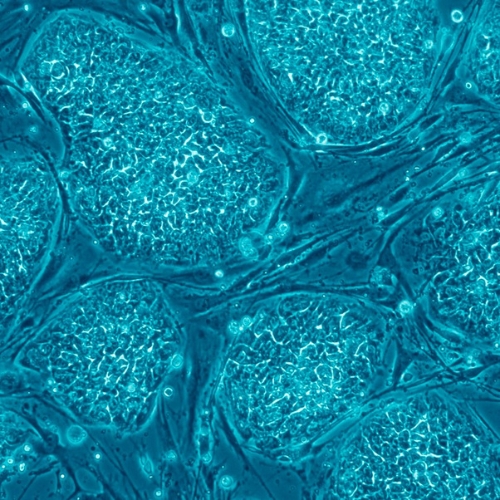Key points from article :
Clock.bio, a longevity biotech company, has raised $5.3 million to further its mission of extending human healthspan by unlocking the self-rejuvenation abilities found in stem cells. The company, based at the Milner Therapeutics Institute at the University of Cambridge, recently completed a major milestone by decoding the biology of rejuvenation across the entire human genome. This work led to the discovery of over 100 genes, forming an "Atlas of Rejuvenation Factors," which holds potential for reversing cellular ageing.
Using human induced pluripotent stem cells (iPSCs), which naturally possess the ability to rejuvenate, Clock.bio has developed an ageing model that mimics cellular ageing and activates self-rejuvenation mechanisms. These mechanisms repair ageing hallmarks, such as DNA damage and mitochondrial dysfunction, allowing cells to return to a youthful state. By conducting a genome-wide CRISPR screen and analyzing over three million cells, Clock.bio identified key genes involved in this rejuvenation process, many of which can potentially be targeted by small molecule drugs.
Markus Gstöttner, CEO of Clock.bio, highlighted that some of the identified genes are well-known in ageing research, while others are newly linked to rejuvenation. The company aims to apply these insights to develop new treatments for age-related diseases, repurposing existing drugs or creating new ones. With the latest funding, Clock.bio is focused on validating these genes and exploring partnerships with biotech and pharma companies to advance their research and bring therapeutic applications closer to reality.







